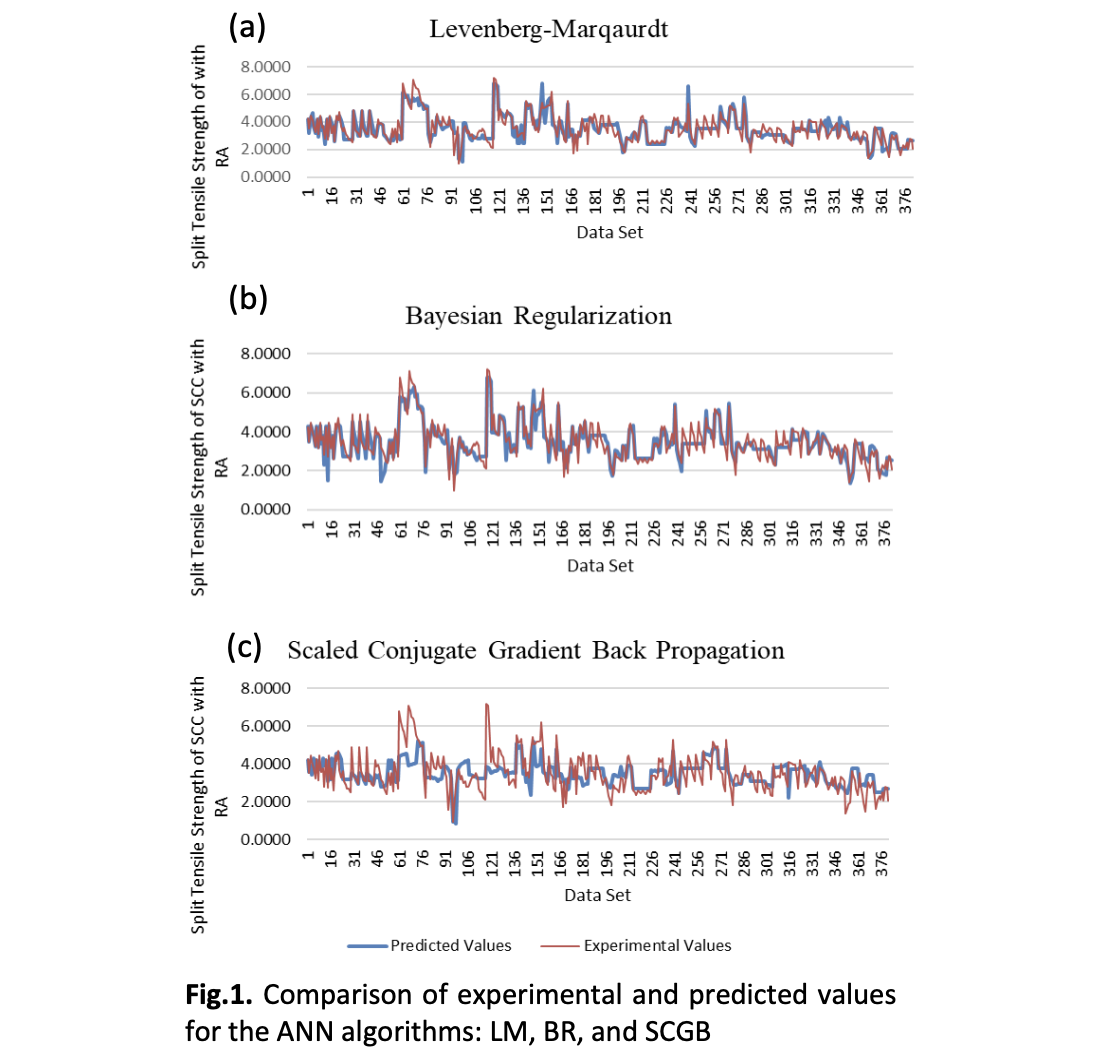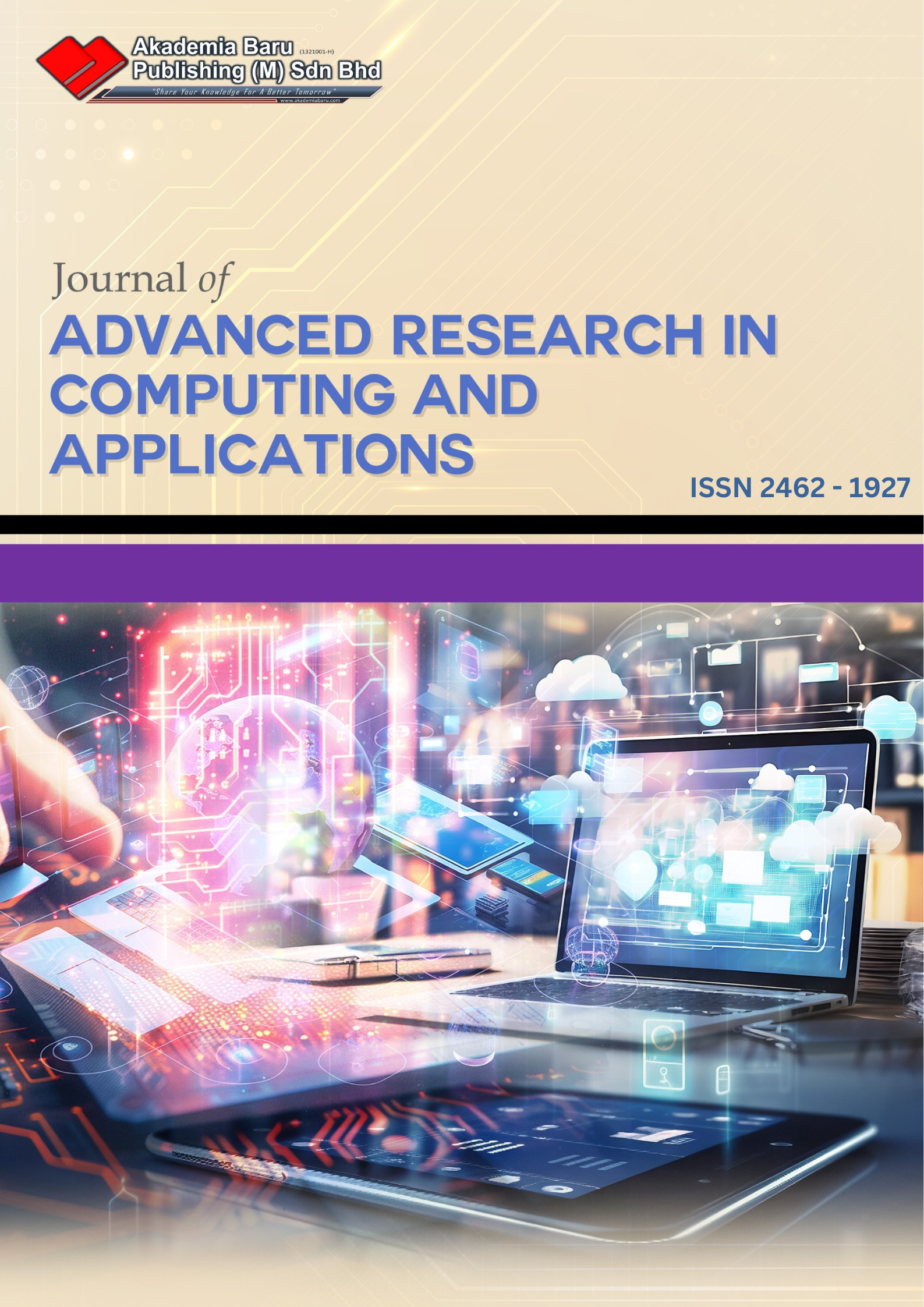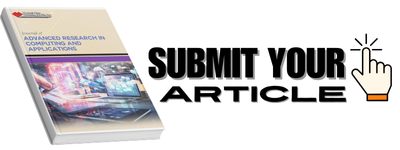Analysis of Different Deep Learning Networks for Estimating the Tensile Strength of Self-Compacting Concrete Containing Recycled Aggregates
DOI:
https://doi.org/10.37934/arca.38.1.1222Keywords:
Machine-learning, Concrete, Tensile strength, SCC, recycling, materialsAbstract
This writing evaluates and contrasts the performance of various deep learning models in predicting the tensile strength of self-compacting concrete incorporating recycled aggregates. Experimental data sourced from existing literature were used to create test, training, and validation sets. A range of artificial intelligence models and optimization algorithms were explored to train these networks, with adjustments made to their architectures and parameters. The results revealed patterns that offer valuable insights into the relative efficacy of the models, advancing the understanding of how deep learning can be applied to predict concrete properties. This study serves as a strong reference point for both researchers and professionals in the building industry.
Downloads















